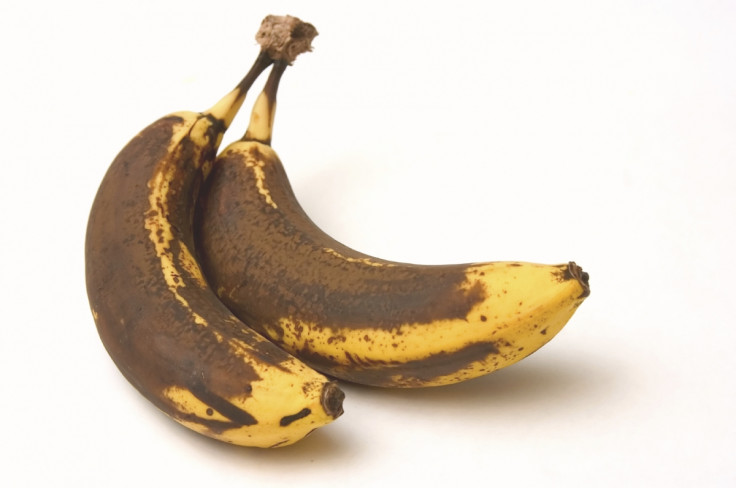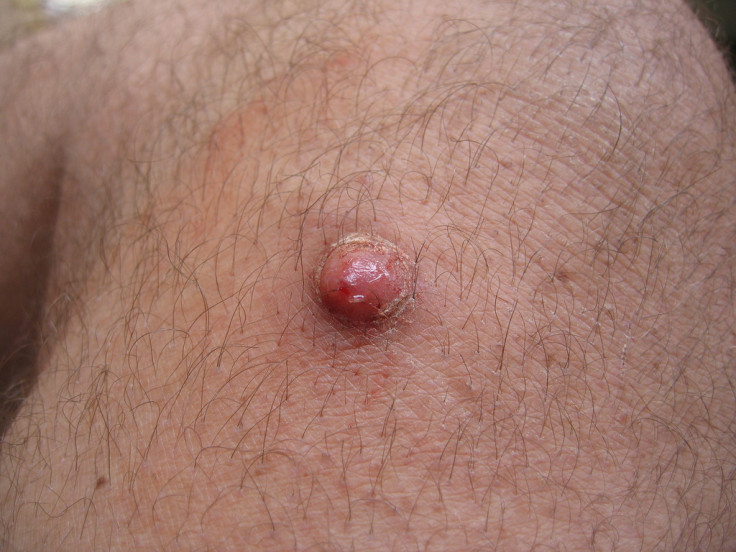Old banana skins help scientists make new skin cancer detector

Banana skins are helping scientists to create a way to detect skin cancer. Both banana peels and human skin have fluctuation levels of the enzyme tyrosinase, which can be a precursor symptom to skin cancer.
The brown spots on banana skins are caused by the same enzyme that causes the melanoma patches. Researchers have found a way to identify these patches before melanoma manifests, by detecting tyrosinase levels in bananas.
They then created a small, fine probe which can detect skin cancer based on the quantity of tyrosinase. Their discovery was published in the German journal Angewandte Chemie.
"The spots on human skin and on a banana peel are roughly the same size," said Hubert Girault, a researcher on the study from the Swiss Federal Institute of Technology. "By working with fruit, we were able to develop and test a diagnostic method before trying it on human biopsies."
The brown patches are caused by faulty regulation of tyrosinase. This changes the proportion of melanin in banana and human skin, which causes the skin to turn brown. As well as providing humans with their natural skin colour, and causing freckles, moles and lentigo patches, melanin is thought to provide a defence against ultraviolet light – one cause of skin cancer.

The scientists created a 'soft probe' – similar to a very fine paint brush – to detect these changes in tyrosinase.
"Soft ME [microelectrode] probes capable of scanning delicate samples with topographic sample features in a gentle brush-like contact mode were employed," wrote the researchers in the study. This probe was used to accurately detect the amount and location of tyrosinase in the skin without any sensation of pain or discomfort to the recipient.
It is suggested that this could be used in the future, as an alternative to invasive biopsy procedures.
"Our initial laboratory tests showed us that our device could be used to destroy the cells," said Girault.
Melanoma skin cancer can be lethal to humans, and it affects roughly 132,000 people every year.
© Copyright IBTimes 2025. All rights reserved.






















